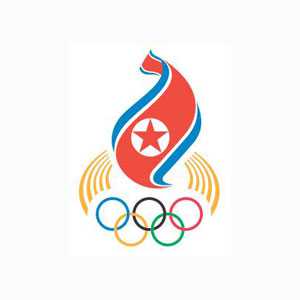Moon facing strong public opposition over Olympic deal
22 January, 2018

Difficult times lie ahead for the administration of South Korean President Moon Jae In as it deals with U.N. sanctions against Pyongyang and strong domestic opposition to a unified Olympic team following official confirmation Saturday that North Korea would participate in next month’s Pyeongchang Winter Olympics.
The four-party meeting in Switzerland among the International Olympic Committee, South Korean and North Korean Olympic committees and the Pyongyang organizing committee focused on whether to form a unified women’s ice hockey team, another controversial topic in South Korea.
According to Do Jong Hwan, the South Korean culture, sports and tourism minister, the IOC said during the meeting that a unified team must have at least five North Korean players. The South Korean side countered by proposing the inclusion of only three North Korean players to minimize the impact on its own players. South Korea’s proposal was ultimately accepted.
Prior to the meeting, the Moon administration on Wednesday decided to form the unified team without offering a sufficient explanation to the head coach and members of the South Korean women’s ice hockey team.
The decision was rooted in politics and robbed several South Korean players of the chance to play at the Olympics shortly before the event’s opening. Young people, who generally support the administration, have responded with disapproval.
A survey conducted by South Korean SBS TV found that 82 percent of respondents in their 20s and 30s were negative about a unified team, about 10 percentage points higher than the average for all age groups.
Do said that North Korea has agreed to send its players as early as possible to South Korea so they can practice with the South’s players. However, many challenges remain, including developing team chemistry and winning public support in South Korea.
Under the four-party agreement, the IOC and other organizations will provide sporting equipment needed by the North Korean players, who will only be able to use the equipment at competition venues.
North Korea faces sanctions by the U.N. Security Council and other entities due to its nuclear and missile development. If South Korea were to provide such equipment to North Korean players, Seoul could come under criticism for disarraying concerted action for the sanctions.
The four-party agreement is thought to have been made to prevent Pyongyang from earning foreign currency through the sale of the equipment after the Olympics.
However, Pyongyang could earn foreign currency by holding pre-events at Mt. Kumgang in southeastern North Korea and using the Masik Pass ski resort. South Korea would need to make arrangements with the United Nations and United States to deal with such issues.
